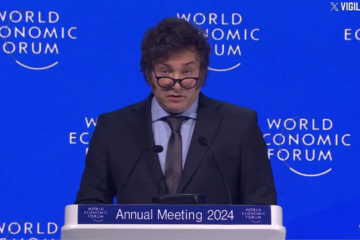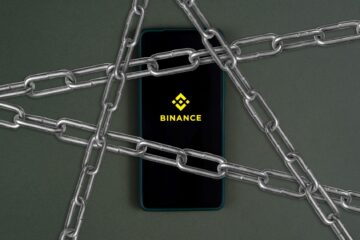Telegram vs SEC

Since we just recently talked about Block.one settlement, we obviously cannot ignore Telegram vs SEC battle, right?
Here are some of the facts and my interpretation thereof:
Here are some of the facts and my interpretation thereof:
- Telegram started raising funds in early 2018, to build their TON blockchain. They raised about $1.7 billion via private placement from qualified professional investors (e.g. no public offerings), and it turns out that either 37 or 39 of those ~170 investors were US persons, who contributed somewhere around 25% of the funds (about $424 million).
- The terms of the token sale stipulated that if the blockchain is not launched and if the tokens are not delivered to their buyers by October 31st, 2019, the funds must be returned to the investors.
- Talks between SEC and Telegram has been ongoing for 18 months, so this is not really a surprise for Telegram.
- Unlike EOS case, parties could not find mutual agreement, so SEC had to go to court and filed an emergency action against Telegram Group regarding the sale and distribution of Gram tokens, suggesting that this was an illegal securities offering and must therefore be stopped. On October 11th, the SEC was granted a temporary restraining order which resulted in the halting of Gram token distribution. The court hearing is currently scheduled for February 2020.
- Telegram agreed to comply and pause token distribution and issued very politically incorrect and angry statement, claiming that SEC acted unfairly, that Gram distribution complied with existing exceptions and waivers (more on this below) provided in the securities laws (I actually agree).
- Telegram asked their investors to accept a delay until April 2020 with respect to delivery time of Gram tokens or they can opt to receive “approximately 77%” of their investment. It looks like many investors agreed to wait.
So - what went wrong for Telegram?
- We can debate forever whether Grams were securities or not, and it's completely irrelevant. SEC did not really go after Telegram over the securities definition.
- Telegram's US investor base is too high - 25% of the total funds raised, close to $500 million.
- Telegram statement is accurate in a sense that there are 2 exceptions in the US securities laws, allowing companies to offer securities without registering it: when you sell exclusively to accredited investors (506(c)) and when you sell to accredited investors and up to 35 non-accredited investors defined as “sophisticated” (506(b)). Telegram complied.
- However, SEC says that once Gram investors receive the tokens, they can resell them to the open market. SEC stated concern is around secondary market, where individuals with no accreditation could buy Grams without having a clear view of the risks.
- Telegram did not play nicely - they preferred an open fight over principles, and it will be costly.
- Don't take funds from US investors (those investors who really want to invest can setup subsidiaries or SPVs in other countries, it's such a standard procedure).
- Build-in white-listing/gating features for future token distribution within your smart contract in such a way that you can gate, review and white-list secondary market participants. If you do that, you will have a feature that will allow you to block unwanted token holders (e.g. non-qualified retail investors or persons from certain countries that cause you headache).
- Don't pick up fights with authorities over principles and fair justice - collaborate, compromise and play nicely.

